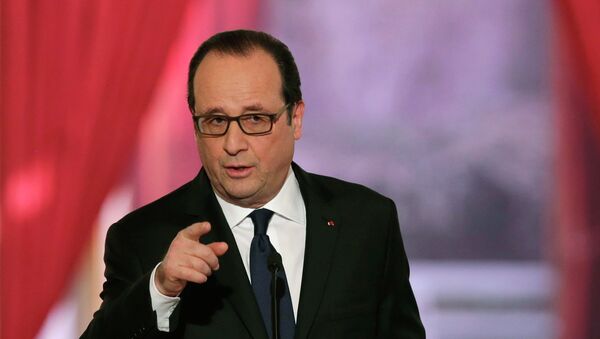Following the Nice atrocity — in which 84 people were killed and 303 injured when a 19-ton cargo truck was deliberately driven into crowds by Mohamed Lahouaiej Bouhlel, a Tunisian resident of France — Hollande said:
"There will be at the initiative of France a proposal to strengthen the defense of Europe. This is to facilitate the commitment of the European Union and its outer borders, to strengthen the security of our partners and neighbors to work together to build response capacity and ward off threats against us through terrorism."
Common Security Policy
The President of the European Commission, Jean-Claude Juncker has also backed an EU army, saying:
"Such an army would help us design a common foreign and security policy."
As I predicted during referendum, Germany now publishes white paper calling for more EU military co-op + steps that "could" lead to EU army
— Andrew Neil (@afneil) July 14, 2016
Defence spending will rise. Successive governments have been banking on an #EUArmy. Time to stand on our own 2 feet. https://t.co/m11rMcWifX
— Neil Turner (@NeilofWatford) July 10, 2016
Britain has always opposed an EU army, believing that NATO was the overarching military alliance for Europe.
"Our position is crystal clear that defense is a national — not an EU — responsibility and that there is no prospect of that position changing and no prospect of a European army," a UK government spokesman said.
French officials believe that Hollande's recent visit to Ireland and planned visits to other EU capitals will pave the way for more cooperation on security and defense on mainland Europe, which stands more of a chance of happening now that Britain is leaving the union.



